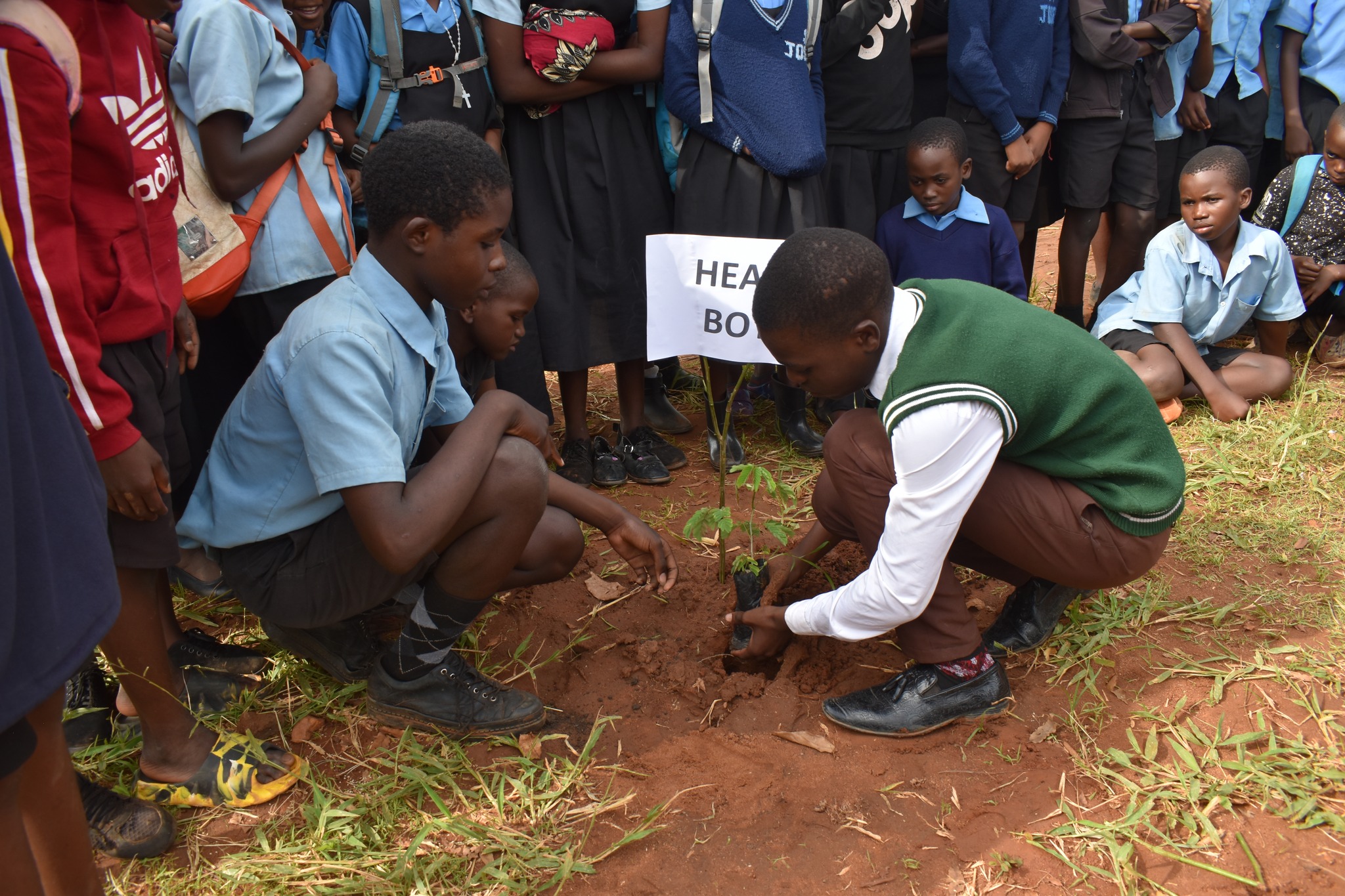
March 21st is dedicated to the world’s forests and the important role they play in cooling our atmosphere as well as being home to most animals and plant species within the ecosystem.
On each International Day of Forests, countries are encouraged to undertake local, national, and international efforts to organize activities involving forests and trees, such as tree planting campaigns. This year’s theme, like World Wildlife Day earlier this month, is focused on trees and innovation – but what does that mean?
Forests, all kinds, play a crucial role in reducing greenhouse gas emissions and by preserving them we can ensure that global temperatures do not continue to rise. This isn’t news to most of us but regarding innovation, forests have a lot more to offer.
Harmful plastics, for example, can be replaced by biodegradable alternatives derived from wood or replace graphite and earth metals in batteries or create new sustainable fibres to reshape the fashion industry. Innovation in this way means thinking sustainably and in ways that ‘care for our common home’ – which at IJI is at the heart of our climate justice and sustainability projects across the globe.
To find out more about forest and tree innovation, visit: Collaborative Partnership on Forests
Innovation doesn’t have to be enormous especially in marginalised communities where access to many new technologies is far from reality. We work in partnership with marginalised communities where often at the frontline of climate change, communities face extreme weather due to global warming.
Malawi is one such country, situated in the Southern Eastern region of Africa, which has suffered many cyclones (you can find out more about them: here) triggered by climate change and deforestation.
Partnered with the Jesuit Centre for Ecology & Development (JCED), the Tasinth Mlimi project is focused on building resilience in vulnerable communities in the Kasungu region of Malawi by way of improving food security whilst building grassroot knowledge of sustainable farming practices and agroforestry.
An exciting part to the project is the green schools initiatives, which is very similar to programmes and activities in Irish schools, which aims at transforming Malawian youth to have ‘green minds’ that are environmentally conscious and responsive to climate action.
The project was piloted in 4 primary schools (St Joseph’s, Kasungu LEA, Tchapa, Katayanthona) and 1 secondary school (Loyola Jesuit Secondary School) and the response has been amazing with students taking ownership of the land and planting their own trees within the grounds of the school and personally caring for them through farming teachings.
This has meant students are getting practical learning opportunities as well as within the classroom around biodiversity, appropriate land use and climate action, not only following the national education syllabus but also about care and management of the natural environment.
The Green Schools project alone has had several impacts:
- Knowledge sharing within rural and marginalised communities who rely on small scale farming. These learnings have addressed food insecurity through sustainable and environmental conscious approaches as there has been engagement with parents on eco-learning also.
- Youth have been empowered to take ownership of their local environment and channel their passion constructively in their community but also to engage with climate justice advocacy and JCED climate action initiatives.
- The tree planting and agroforestry has not only addressed deforestation but has established tree cover which actively protects school buildings from increasingly aggressive weather.
This initiative focused on caring for our common home has grown immensely and is linked to JCED’s Caravan of Hope – which is focused empowering youth around climate action centred on climate justice. At its heart is protection, protection for people and our trees.
Hear about JCED’s green school initiatives in their Shalom Production video below:

